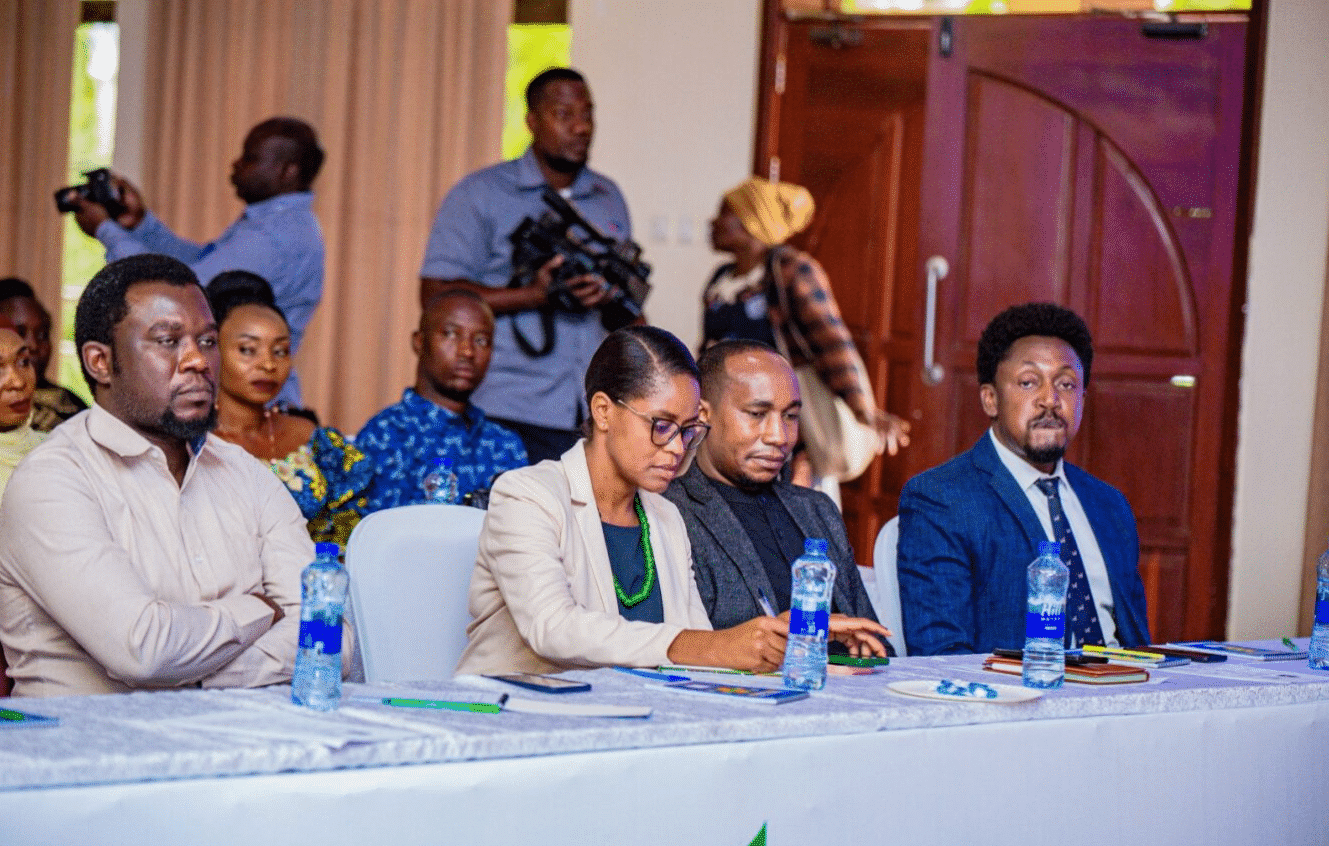Together with the adoption of the Sustainable Development Goals (SDGs), a new perception of the role of private sector in the economic and social development process arise, with a special focus on their contribution to job creation. However, even if the international community and the partner countries of African, Caribbean and the Pacific have intensified their approach towards supporting private sector, still businesses in partner’s countries, especially the smallest and newly created, struggle to find financing to fund their growth.
Indeed, local financial actors perceive these businesses as high risk since they rarely meet bank loan prerequisites (registration, rigorous accounting, guarantees, capital funds, etc.) and are considered too small, risky and fragile by capital investment providers. Furthermore, with small, short maturity and relatively high interest loans, Microfinance does not meet most productive projects financing needs, especially those with a long return-on-investment horizon.

The Loans on Honor, an economic development financing mechanism with an increasing usage in Africa and a real opportunity in Caribbean and Pacific countries
In recent years, solutions that combine business support and financing have emerged in partner countries of African, Caribbean and the Pacific. The Loan on Honor mechanism is one of them. It has gradually expanded in Africa thanks to decentralized cooperation projects as well as the internationalization of Initiative France and Réseau Entreprendre, the main reference providers in France.
The development challenges and the diversity of socio-economic contexts in Africa has formed a fertile ground for the spread of the Loans of Honor. According to the Observatory of Loans on Honor in Africa[3] and a study carried out by AFD[4] in 2020, over 80 operators covering 17 African countries have lent nearly 11 million euros to finance over 3,000 entrepreneurs, creating close to 9,000 jobs.
Often only recognised for its financial component, the Loan of Honor is in essence a multidimensional mechanism that favours development by supporting business creation through four levers:
- Financing without interest or requirements for security or guarantee, directly granted to the entrepreneur to strengthen his project equity. Most of the time, it includes a deferral period suitable for projects having a long return on investment;
- Providing support to the entrepreneur to reduce the risk of failure;
- Creating a territorial animation by facilitating the cooperation between local ecosystem participants (local authorities, local financial players, business support providers, etc.) to augment the financial impact, in particular through participation in investment committees and leverage effect on banking or micro-loans;
- Providing financial education to upskill entrepreneurs, especially in business financial management.
Thanks to its flexibility and its multiple levers, the Loan on Honor in Africa has demonstrated its ability to adapt its operations to the local needs of each territory in terms of businesses and jobs creation.
For instance, it was deployed in Burkina Faso as a tool to finance informal businesses in rural areas (as leveraged by the Initiative Network), or as a financing tool complementary to existing offers of incubation (LA FABRIQUE) or capital investment (SINERGI). In Kenya, the « Women Entreprise Fund » was able to foster women entrepreneurship by granting Loans on Honor to groups that formed “Tontines” and by mentoring them. In a third example, the inclusive and innovative entrepreneurship support program of AFIDBA, rolled out in Senegal, Ghana, Morocco and Burkina Faso, has included the Loan on Honor as a financial component in its portfolio of services targeting entrepreneurs.
“The Initiatives platforms have created a territorial dynamic in their regions, with the support of local players who facilitate access to financing, through Loans on Honor, and to help entrepreneurs lacking equity capital […]. This allows to energize the entrepreneurial ecosystem, create jobs and enable young adults to be an active force in the economy of their community” Samir Dinari, President of Initiative Tunisia
The Loan on Honor, a public policy tool to promote entrepreneurship and job creation
While developing entrepreneurship and improving businesses access to financing remains a long-term challenge for African, Caribbean and Pacific countries, there is a need for agile and low-cost tools that would deliver impact on the short-term while enabling long term policies. The Loan on Honor mechanism can respond to such challenges and provide a real opportunity for emerging ecosystems.
In Morocco, the government has established, with the support of the World Bank, the “Innov Invest” fund aimed at filling the gap in the financing chain of innovative projects. The fund, managed by the CCG[5], provides a Loans on Honor called “Innov Start” that targets pre-seed financing, with leverage on subsidies. Sixteen Business Development Services approved by the CCG distribute the product. This setup is an example of public-private cooperation to deploy Loans on Honor at a large scale reaching a critical size ($70 million) and augmenting operational reach thanks to ecosystem partners.
Following the recent pandemic, the French Public Investment Bank (BPI), which positioned itself as the preferred long-term partner to several Lons on Honor operators, has deployed a Solidarity Loan on Honor offer through three networks of such players leading to over 2,000 loans within 6 months granted to fragilized entrepreneurs, unemployed people, and young adults[6].
Despite increasing institutional support and financial backing from international and local donors to the Loans on Honor in Africa, its development is still facing several challenges: absence of an official framework governing its activities, and a business model that essentially relies on the monetization of the development impacts and the perceived value by funds donors and local and national authorities.
The Loan on Honor has proven its effectiveness as a positive solution to support business and job creation and its ability to adapt to emerging ecosystems and complement existing financingnoffers. It needs to be further disseminated among international and national actors to unlock its full potential to support development<
The ICR Facility organized a live event on Loan on Honor on March 11 th at 2PM CET. More information HERE . You can view the recording HERE .
If you are eligible public or private sector organisation from an ACP country, you can APPLY for a short-term technical expertise through the facility to help you address some of these issues in your country. Please find all the details HERE.
[1] Les “Prêts d’Honneur” were set up in France in the early 1980s to fight unemployment through business creation and facilitate access to credit for project holders. Sometimes translated to English as “Interest-Free Loans”, we preferred to use the terms “Loans on Honor” in English and “Préstamo de Honor” in Spanish to emphasize the moral engagement it entails.
[2] MSMEs: Micro, small and medium enterprises
[3] Panorama des Prêts d’honneur en Afrique, 2019
[4] AFD: Agence Française de Développement – French Development Agency
[5] CCG : Caisse Centrale de Garantie du Maroc
[6] bpifrance-creation.fr/encyclopedie/pret-dhonneur-solidaire-ph-solidaire
The ICR Facility supported the production of this publication. It is co-funded by the European Union (EU), the Organisation of African, Caribbean and Pacific States (OACPS) under the 11th European Development Fund (EDF), the German Federal Ministry for Economic Cooperation and Development (BMZ) and the British Council. The ICR Facility is implemented by GIZ, the British Council, Expertise France, and SNV. The contents of the publication are the sole responsibility of the authors and do not necessarily reflect the views of the EU, OACPS, BMZ or of the implementing partners.
